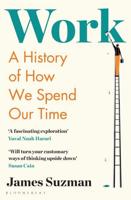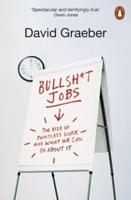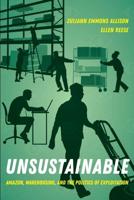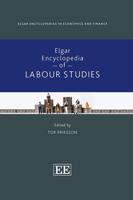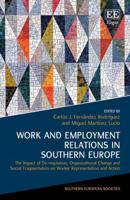Publisher's Synopsis
The working time is the period of time that an individual spends at paid occupation labor. Many countries regulate the work week by law, such as minimum daily rest periods, annual holidays and a maximum number of working hours per week. Working time may vary from person to person often depending on location, cultural, lifestyle choice and the profitability of the individual's livelihood.Generally, most Hong Kong employers need labours work long time working hours abnormally. For example, low educational workers, such as security occupations of labors need to work per working day is twelve hours or more, restaurant waiters and dish cleaners also need to work ten to twelve hours or more per working day, bank counter cashiers or audit firm staffs also need to work over time from 10 to 12 hours or more per working day and who have no extra salaries for over time salaries payment commonly. Standard working hours or normal working hours refers to the legislation to limit the working hours per day, per week, per month or per year. If an employee needs to work overtime, the employer will need to pay overtime payments to employees as required in the law. Generally speaking, standard working hours countries wordwide are around 40 to 44 hours per week (but not everywhere: such as France employers need labors work from 35 hours per week, North Korea employers need labors work up to 112 hours per week). Maximum working hours refers that the employee can't work than the level specified in the maximum working hours law. It seems that Hong Kong many employers had needed labors to work above standard working hours per week to compare to other developed countries, e.g. America, France, England, New Zealand etc. developed countries.On the 20th century, work hours are declined by almost half, mostly due to rising wages are brought about by renewed economic growth with a supporting role from legislation human rights. The decline countined at a faster in Europe: For example, France adopted a 35 hours work week in 2000 year. In 1995, China adopted a 40 hours week, eliminating half day work on Saturday. Technology has also continued to improve worker productivity, permitting standards of living to rise as hours declined. In developed economies, as the time needed to manufacturing products has declined more working hours have become available to provide services. In fact, on the one hand, Hong Kong manufacturing industry has declined, such as clothing, shoes, toy etc. manufacturing industry. On the other hand, its service industry need many labors to supply in the labor market per day, e.g. banking, accounting, restaurant, security etc. service sectors. A reduction in Hong Kong working time can be accomplished in various ways, and that Hong Kong enterprise's production costs will be affected in different ways depending on what type of measured is used. Usually Hong Kong employers would be likely to ask those already employed to do more overtime or who will require part time workers to increase whose working hours, especially would pass salaries expense from them on to charge higher sale price to their clients. Then, which would increase the rate of inflation and weaken competitiveness to win overseas competitors' product import.


